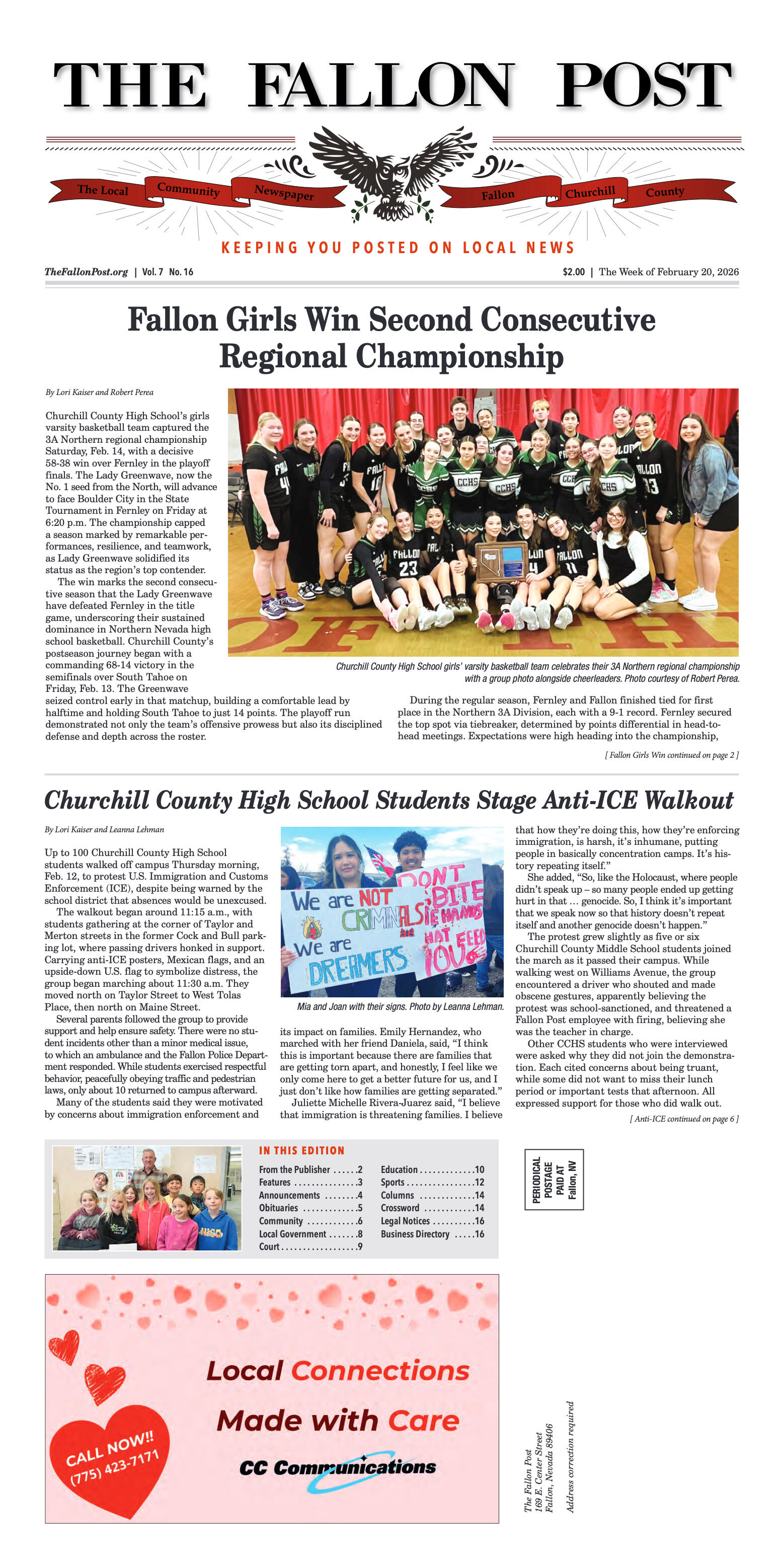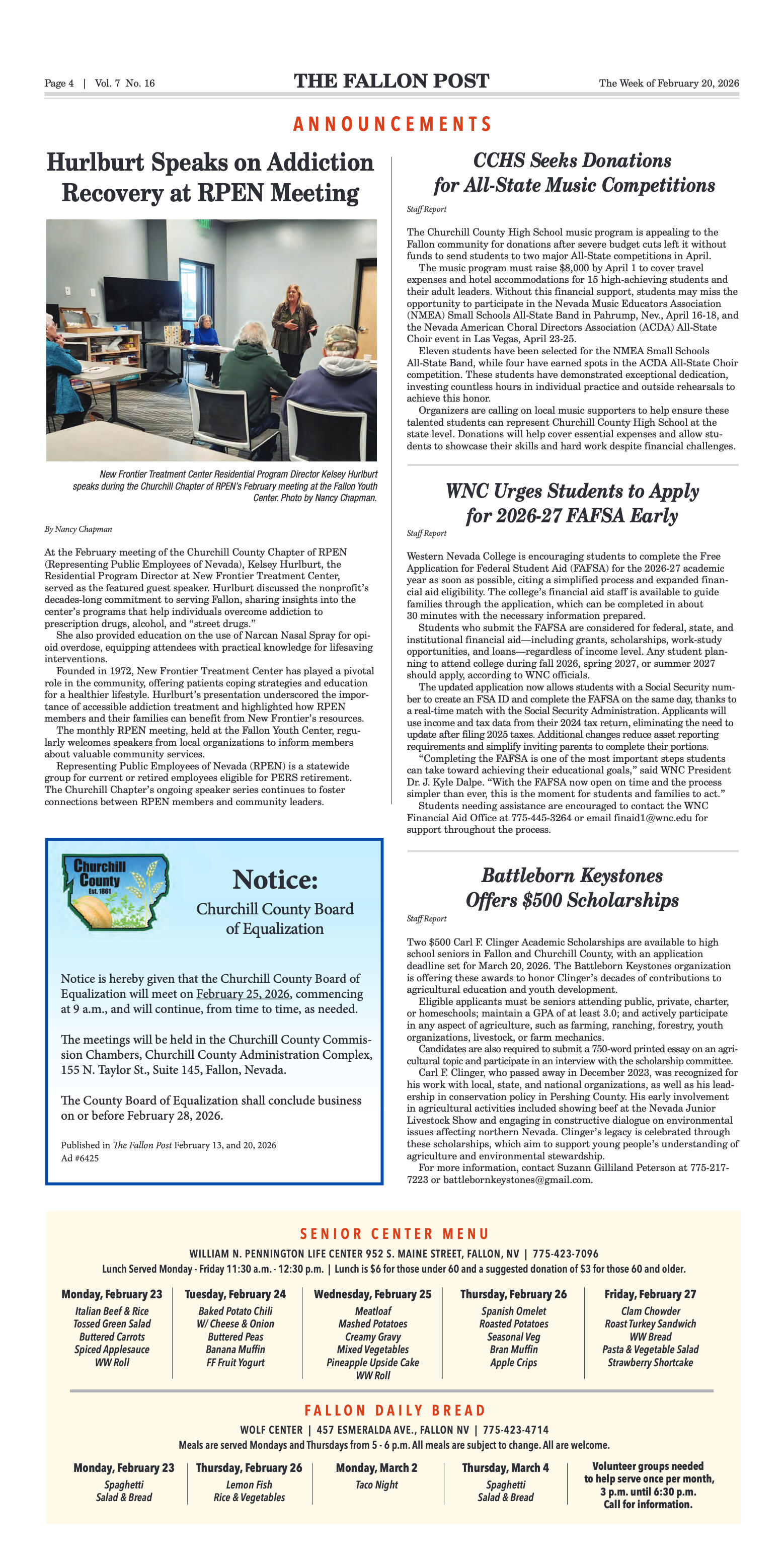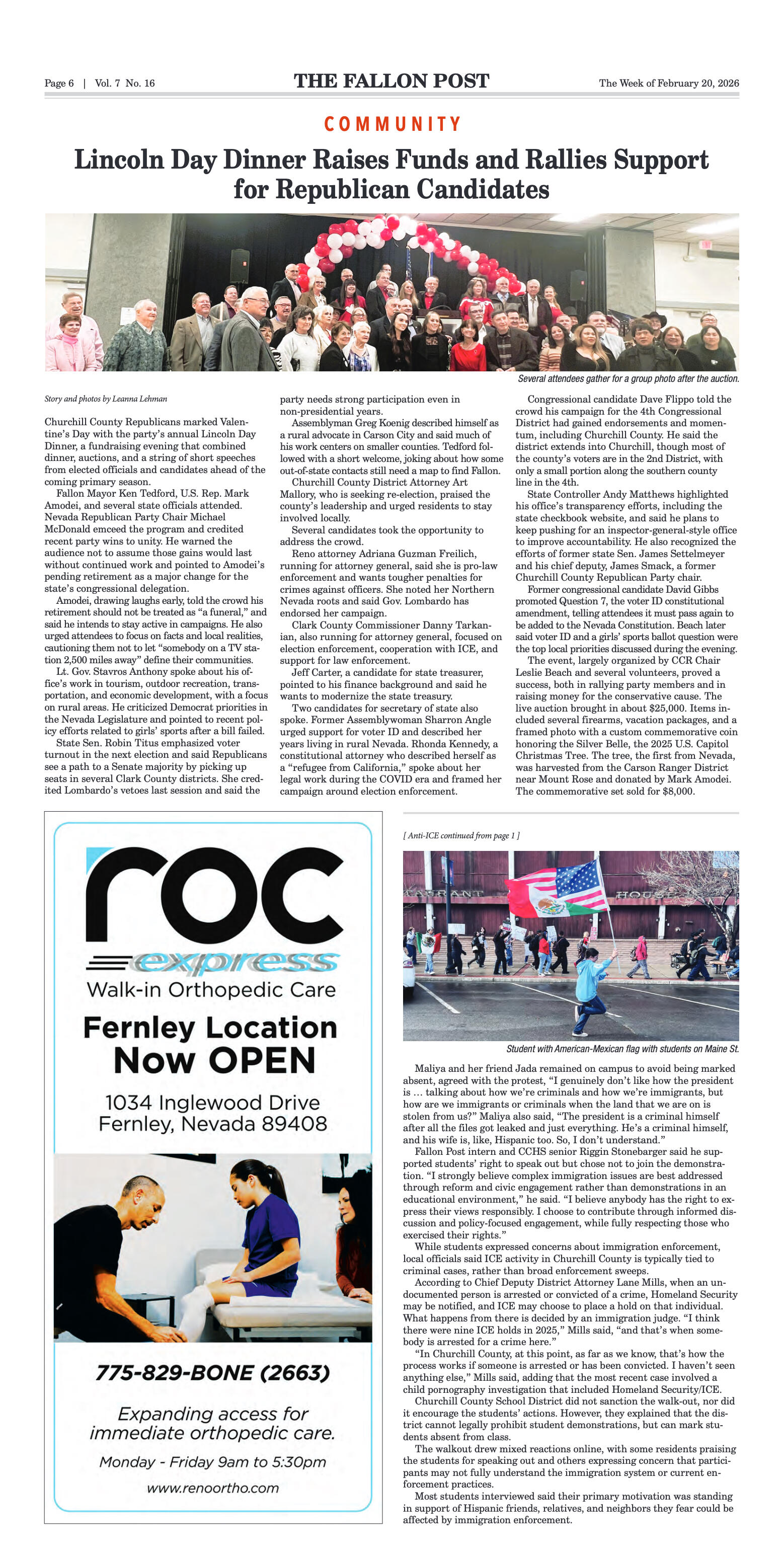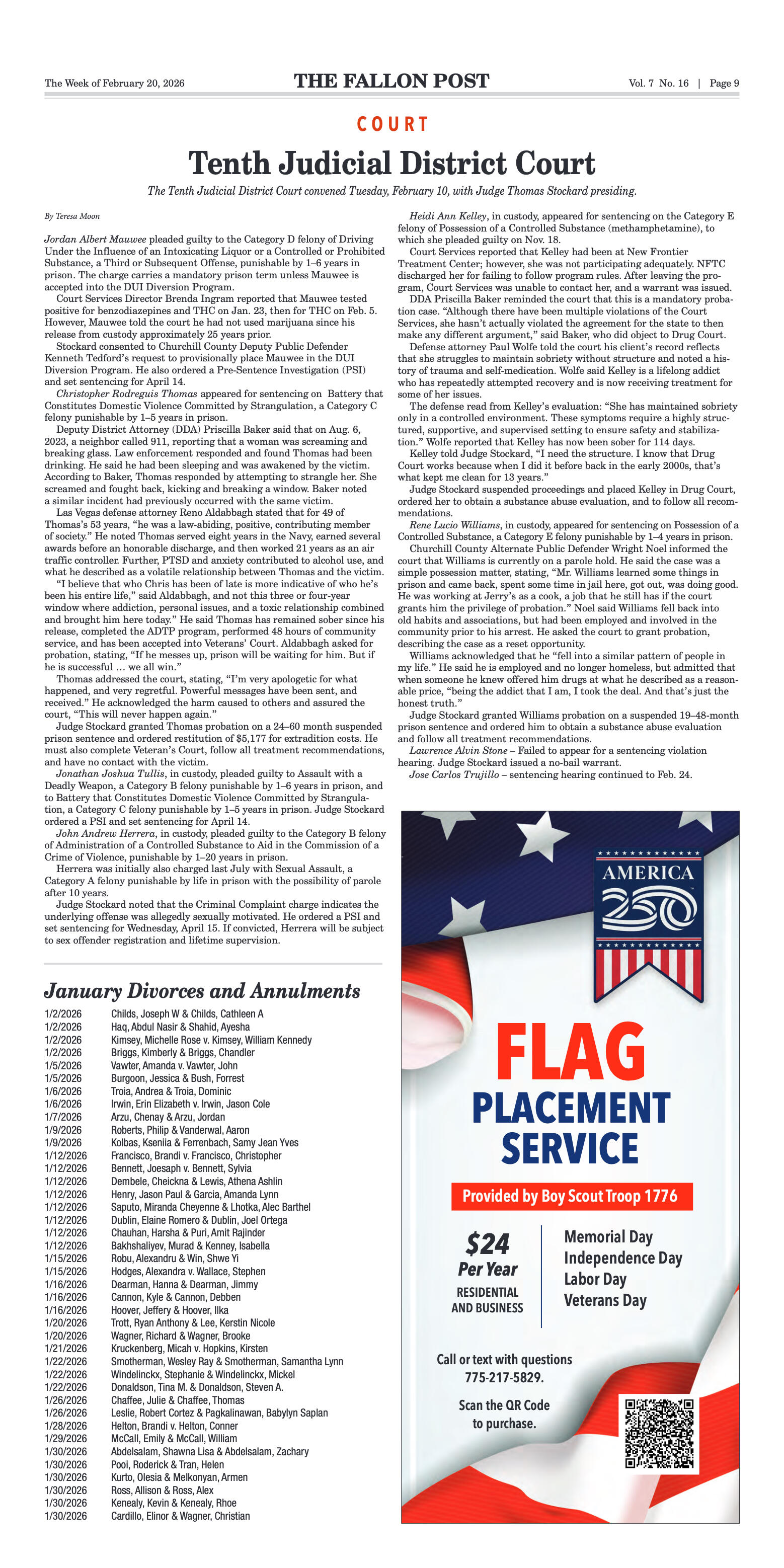Now that summer is winding down, it will soon be “back-to-school” time. When children are young, your logistics for the new academic year may involve little more than a trip to buy school supplies. But if you’d like to send your kids (or grandkids) to college someday, you need to plan far ahead to meet the financial demands. And, as part of your planning, you also need to be on the lookout for all opportunities to help pay those sizable college bills. Specifically, you’ll need to be ready to take action in these areas: Financial aid – You should start thinking about financial aid at least a year before your child heads off to college. For example, you can begin submitting the Free Application for Federal Student Aid (FAFSA) on Oct. 1, 2019, for the 2020-21 academic year. And if the past is any guide, you’ll always need to remember that Oct. 1 date for the next school year. The FAFSA helps colleges and the U.S. Department of Education evaluate your financial need and determine how much financial support your child requires. And since a lot of financial aid is awarded on a first-come, first-served basis, it’s a good idea to submit your forms as soon as possible once the application period opens. Scholarships – Colleges and universities offer their own scholarships, but you’re not limited to them. In fact, you might be surprised at the number and variety of college scholarships available to your child or grandchild – but to find them, you may need to do some digging. Find out what’s offered from foundations, religious, ethnic or community organizations, local businesses and civic groups. Also, ask the high school guidance office for information. Your own employer might even offer small scholarships. You can find more information on scholarships on the U.S. Department of Education’s website. College-specific investments – You might also want to consider an investment designed to help you save for college. You have several options available, each with different contribution limits, rules and tax treatments, so you’ll want to consult with a financial professional to choose an investment that’s appropriate for your situation. Community colleges – Not every bachelor’s degree needs to begin and end at an expensive four-year college or university. Many students now fulfill some of their “general” education requirements at affordable community colleges before transferring to a four-year school – often saving tens of thousands of dollars in the process. Paying for college is challenging. After all, for the 2018-19 academic year, the average annual cost (tuition, fees, and room and board) was $21,370 for in-state students at public four-year colleges or universities; for four-year private schools, the corresponding expense was $48,510, according to the College Board. And college costs will likely continue to rise over the next several years. But, as we’ve seen, by being proactive and having a plan in place, you can go a long way toward coping with these expenses and helping your loved ones enjoy the benefits of higher education. This article was written by Edward Jones for use by your local Edward Jones Financial Advisor. Sign up to receive updates and the Friday File email notices. Support local, independent news – contribute to The Fallon Post, your non-profit (501c3) online news source for all things Fallon. 
Be Alert for Opportunities When Preparing for College Costs
- 08/20/2019 04:26 AM (update 04/11/2023 01:45 AM)












































Comment
Comments